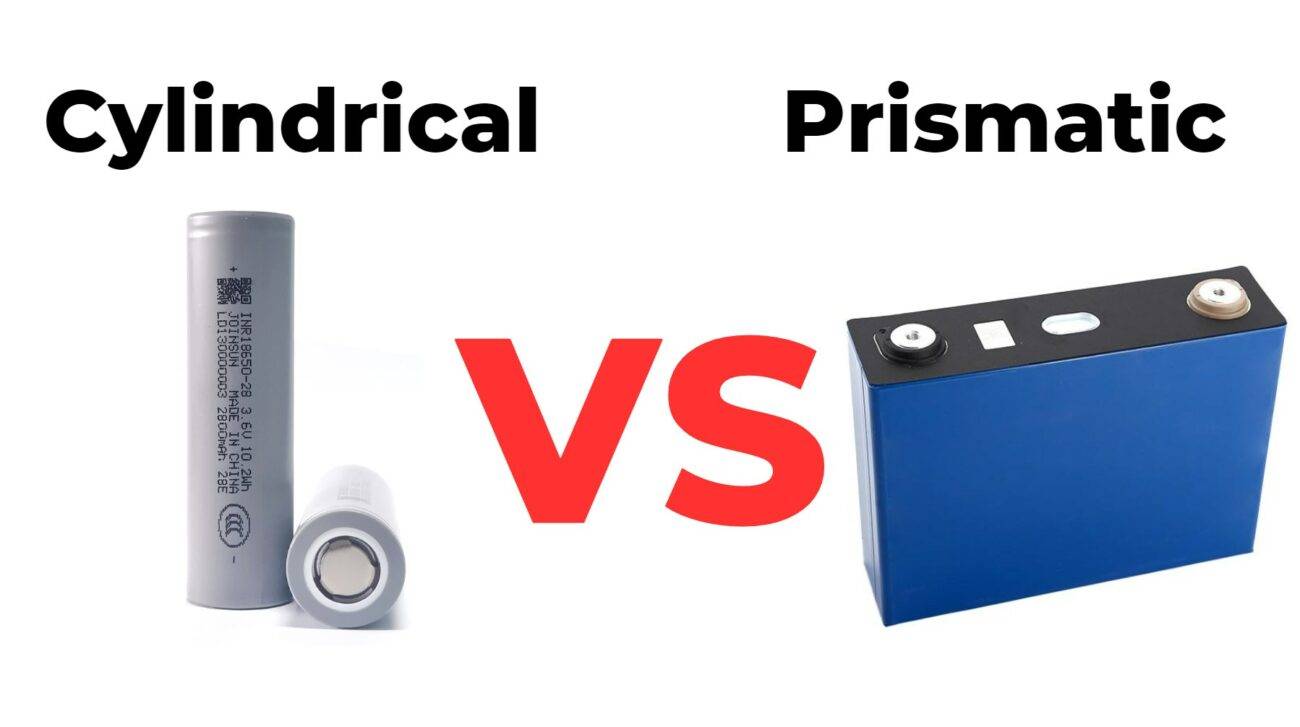The 18650 battery is a pivotal component in modern electronics, powering a vast array of devices from laptops to electric vehicles. However, despite their widespread use and advantages, these batteries present several significant challenges, primarily related to safety and longevity. This article delves into the core issues associated with 18650 batteries, emphasizing potential risks like overheating, thermal runaway, and the consequences of improper handling.
Understanding the challenges of 18650 batteries includes safety risks like overheating, compatibility issues with devices, the presence of counterfeit products, and performance degradation over time. Always choose high-quality batteries and handle them carefully to ensure safety and reliability.
Overheating and Thermal Runaway: A Critical Safety Concern
One of the most pressing safety concerns with 18650 batteries is overheating, which can trigger a dangerous phenomenon known as thermal runaway. Thermal runaway occurs when the battery’s temperature increases uncontrollably, leading to a cascade of chemical reactions that further elevate the temperature. This vicious cycle can result in the battery exploding, catching fire, or emitting toxic gases, posing severe risks to users and surrounding environments.
The root cause of overheating often lies in factors such as overcharging, excessive discharge, or physical damage to the battery. When the battery is subjected to such conditions, the internal components, including the electrolyte and separators, can degrade or even fail, leading to short circuits and the onset of thermal runaway.
Misuse and Mishandling: The Human Factor
Beyond the inherent risks, human error plays a significant role in the dangers associated with 18650 batteries. Misuse and mishandling, such as improper storage, incorrect charging practices, and using non-compatible chargers, can drastically increase the likelihood of a catastrophic failure. For instance, storing 18650 batteries in high-temperature environments or in proximity to flammable materials can exacerbate the risk of overheating and thermal runaway.
Moreover, using counterfeit or substandard 18650 batteries adds another layer of risk. These inferior products often lack the necessary safety features, such as overcharge protection and thermal cutoff mechanisms, making them more susceptible to failure under normal operating conditions.
Manufacturing Defects: The Hidden Dangers
While 18650 batteries are generally reliable, manufacturing defects can sometimes slip through quality control processes, leading to potential safety hazards. Defects in the battery’s internal structure, such as poorly assembled separators or impurities in the electrolyte, can create conditions ripe for internal short circuits, which in turn can precipitate overheating and thermal runaway.
It’s also worth noting that variations in cell chemistry and construction among different manufacturers can result in inconsistent performance and safety profiles. As such, even within the same batch, individual cells may exhibit varying levels of reliability and safety, complicating the task of ensuring uniform performance across all applications.
Redway Battery: Excellence in 18650 Battery Solutions
In the realm of 18650 batteries, Redway Battery stands out for its commitment to quality, safety, and innovation. Specializing in LiFePO4 batteries, Redway has garnered a reputation for producing 18650 batteries that not only meet but exceed industry standards. Their products are renowned for their high energy density, long cycle life, and robust safety features, making them ideal for a wide range of applications, from high-performance electronics to custom golf cart batteries.
Redway Battery also excels in providing customized battery solutions, tailored to the specific needs of B2B and OEM clients. This bespoke approach ensures that each battery is optimized for its intended use, offering superior performance and reliability. Additionally, Redway’s dedication to quality control and rigorous testing protocols means that their 18650 batteries are among the safest and most reliable on the market.
The Importance of Proper Battery Management Systems (BMS)
A well-designed Battery Management System (BMS) is crucial in mitigating the risks associated with 18650 batteries. A BMS monitors the battery’s state of charge, temperature, and overall health, ensuring that it operates within safe parameters. Overcharge protection, over-discharge protection, and thermal management are some of the key features provided by a robust BMS, all of which contribute to enhancing the safety and longevity of 18650 batteries.
In applications where multiple 18650 cells are used in a battery pack, the role of the BMS becomes even more critical. Cell balancing, which ensures that all cells are charged and discharged uniformly, is essential to prevent any single cell from becoming a weak link that could jeopardize the entire battery pack. Without a proper BMS, the risk of thermal runaway increases significantly, especially in high-stress applications.
The Role of 18650 Batteries in Emerging Technologies
Despite the challenges, 18650 batteries remain a cornerstone in the development of emerging technologies. Their high energy density and compact size make them ideal for use in cutting-edge applications such as electric vehicles (EVs), portable power tools, and advanced medical devices. As the demand for such technologies grows, so does the need for reliable and safe 18650 batteries.
To meet these demands, manufacturers like Redway Battery are continually innovating, developing new chemistries and designs that enhance the performance and safety of 18650 batteries. Solid-state 18650 batteries, for example, are being explored as a next-generation solution that could offer even greater safety and energy density compared to traditional lithium-ion cells.
Preventative Measures: Ensuring Safe Use of 18650 Batteries
To mitigate the risks associated with 18650 batteries, several preventative measures should be taken:
- Proper Storage: Store 18650 batteries in a cool, dry place, away from flammable materials and direct sunlight.
- Use of Quality Chargers: Always use chargers that are compatible with 18650 batteries and that have safety features such as overcharge protection.
- Avoid Physical Damage: Handle batteries with care to avoid punctures, dents, or other forms of physical damage that could lead to short circuits.
- Regular Inspection: Periodically inspect batteries for signs of wear, such as swelling or corrosion, and replace them if any damage is detected.
- Educate Users: Ensure that all users are aware of the proper handling and usage practices for 18650 batteries.
Conclusion: Navigating the Complexities of 18650 Batteries
The 18650 battery is a powerful and versatile energy solution, but it comes with a set of challenges that must be carefully managed to ensure safety and reliability. By understanding the risks of overheating, thermal runaway, and improper handling, and by choosing reputable suppliers like Redway Battery, users can harness the full potential of 18650 batteries while minimizing the associated dangers. As technology continues to evolve, the importance of quality, safety, and proper battery management will only grow, making it essential to stay informed and vigilant in the use of 18650 batteries.





